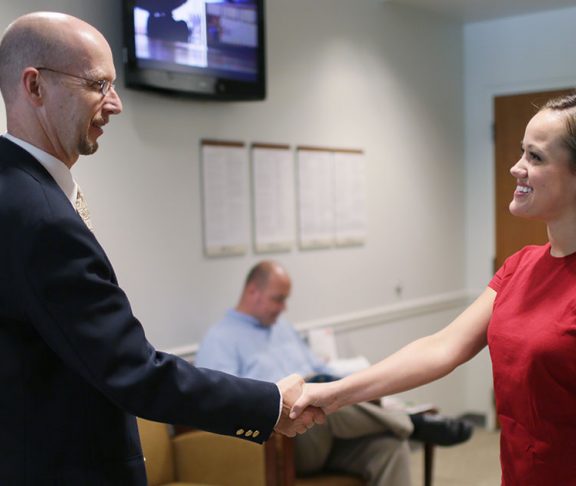“Some of the most important parts of our brain are still developing into our mid to late twenties,” explains Tom Schweinberg, Psy.D., staff neuropsychologist at the Lindner Center of HOPE, a mental health and addiction treatment center in Cincinnati, Ohio. “The frontal cortex, the prefrontal cortex — they’re important because those are the parts of the brain that help us regulate our behavior, make sound decisions, exercise good judgment.”
Yet for most teens, college is the first major step towards independence, during which they’re suddenly set loose from the predictability and structure of home. They’re faced with the challenge of developing their own routines — not only for making it to class and completing schoolwork, but also for eating, exercising, sleeping and socializing in a new scene where alcohol and drugs are widely available.
Suffering in silence
Unfortunately, in part because of the pressure they feel to succeed in their new independence, many teens are ashamed to admit they are struggling. “If they do find themselves floundering,” Schweinberg explains, “very often they won’t discuss this, either with peers or with their parents.”
“I struggled with my disabilities — growing up with hearing loss and Tourette syndrome — and being gay,” confirms Matt Argame, a recent graduate of California State University, Long Beach. “Although the pains caused by my disability and sexuality are different, they are similar in that the stigma and shame associated with each prevented me from seeking help and support during the times when I really needed it.”
Normalizing the challenges
Schweinberg suggests that one way parents can break down this communication gap is by setting a game-plan with their teen about phone calls, texts and emails. He cautions protective parents that checking in too often can backfire by conveying a lack of confidence in the child.
Another key way parents can build trust with their teen is by sharing their own experiences and making it clear that it’s not only OK, but perfectly normal if everything isn’t perfect from the get-go. It’s critical to let them know, Schweinberg advises, “you don’t have to do this all on your own.”
Building a support system
Parents should also help their teen develop a proactive health plan, including locating the campus student health center and a nearby doctor. “You never know what may come up from a physical or psychological perspective,” Schweinberg notes. “We want them to have somebody in place that they can go to with their concerns.”
“What I’ve learned throughout my time at CSULB,” Argame shares, “is that there is always much more support than one might think.” For Argame, that support system included programs at his school’s counseling and psychological services department, “such as workshops on suicide prevention, building healthy relationships, effective communication and stress management.”
Encourage self-care
“Self-care also became a way for me to de-stress and care for my mental health,” Argame recalls. “I would attend yoga sessions with my friend, get to school early to catch the sunrise, make a study schedule.”
Schweinberg echoes this, urging coeds to “be mindful of routine, health and habits.” If they can do this, they are most likely to be honest with themselves and their parents about questions like: “Are their grades where they want them to be? Are they getting enough sleep? Are they finding themselves using substances more than they’re comfortable with?”
With a full-family effort to encourage total-body health and break down stigma surrounding mental illness, students will be supported during the transition out of the home, reach out quickly for help should a problem arise and stay focused on all of the exciting opportunities college has to offer.


